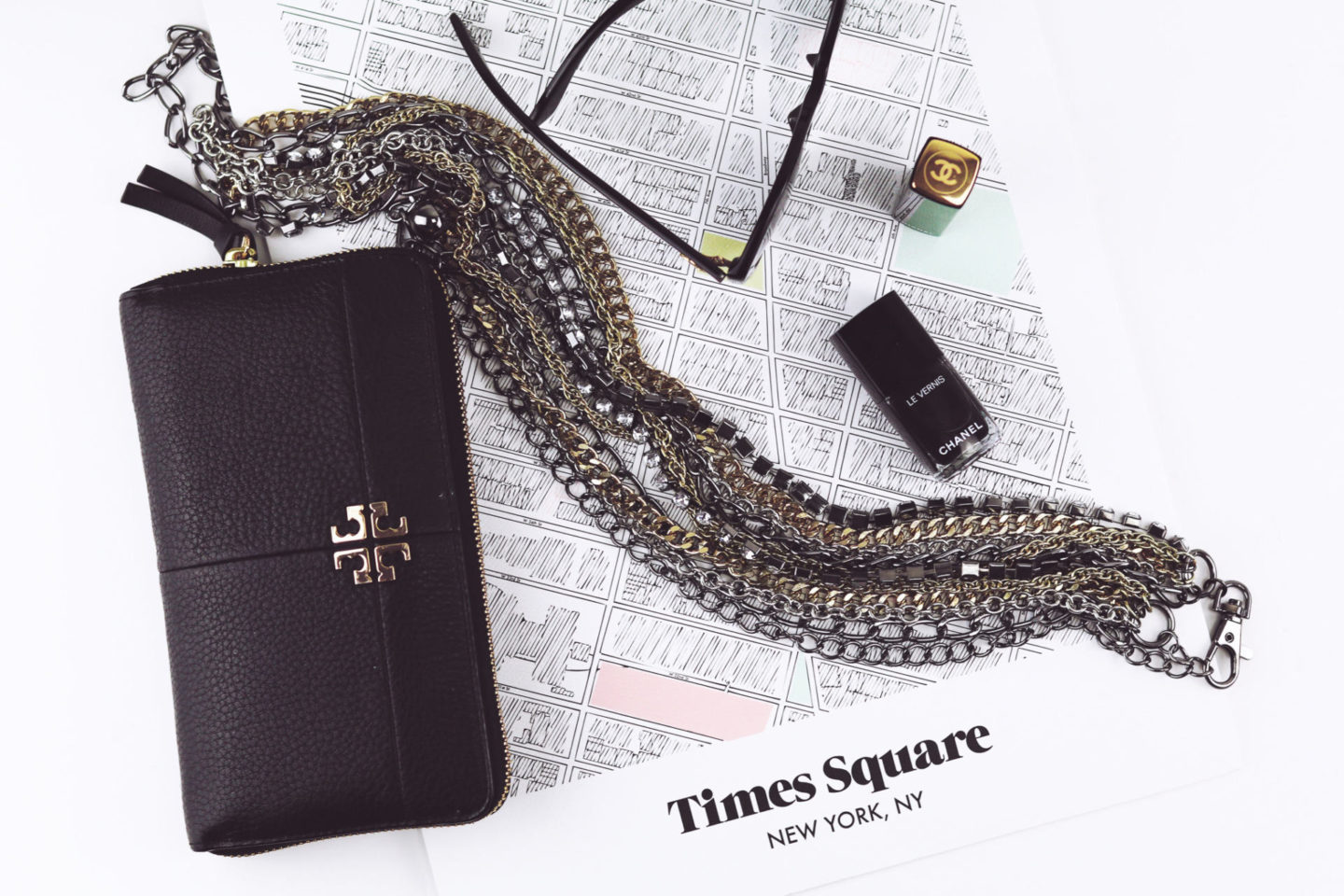
Closure. What does that word even mean? The truth is, it will be different for everyone, because closure is such a broad term in and of itself. Closure can come in many forms: through the death of a relative, the loss of a friendship, etc.—but perhaps the most known one, is closure when it comes to relationships. For some, it may mean finally receiving an apology from an ex, giving your ex a glimpse of how much they hurt you, or finally getting validation for your pain. Whatever the case may be, it’s believed that getting closure will finally allow you to shut the door on the relationship and move on for good.
Here’s the thing, though, the cold, hard truth about closure: it doesn’t exist, and you will never get it with your ex. All of it is an illusion. The truth is, closure can only come from one person and one person only: you. Below I shatter the illsuion of closure and where the need for it comes from, and also break down how you can truly get closure for yourself.

Where the need for closure comes from:
- You feel the want and need to receive an apology. This is a very common struggle amongst everyone, men and women alike. You may be feeling like getting the apology you think you deserve will allow you to finally move on because it will give you validate your pain and how much your ex hurt you. This usually happens when you’re struggling to accept and come to terms with how wronged you were.
- You’re having difficulty coming to terms with the breakup. Unexplained things in life are often the hardest to accept. Why do people do bad things? Why do people lie, cheat, and steal? If you’re having difficulty coming to terms with the breakup, you may have the desire to know why it didn’t work out, where it all went wrong, and if you could’ve done anything differently. You’re most likely thinking that having those answers will allow you to come to terms with the breakup and finally move on.
- You’re having difficulty processing the pain. Pain is a very complex emotion, and everyone deals with it differently. You may be creating an illusion in your mind where figuring out where it went wrong will make it all better and easier; and that by finding out it’ll help you make sense of the pain and allow you to heal.
- Your ego is still bruised. A bruised ego is often masked as heartache, which can make it hard to differentiate the two. A bruised ego usually happens if you’re still holding on to anger and resentment, and can’t admit to yourself how deeply hurt you really are. This is a subconscious form of self-preservation. When your ego doesn’t get validated from a relationship and leaves you feeling bruised, that anger and resentment will come in and cloud your mind. You’ll end up feeling like you need to one-up, or find a way to get that validation and closure you never received.

How to get closure for yourself:
As I said in the beginning, closure doesn’t exist. It’s a myth, something we tell ourselves to try to make sense of things and feel better. The only person that can give you closure is yourself. You’re the only one who can close the chapter of your relationship without finishing the book. Now that we’ve established where the need for closure stems from, let’s talk about how you can get closure for yourself.
- Acknowledge your pain. This is the healthiest thing you can do for yourself. Admit to yourself that you’re hurting, admit that you feel wronged. All of your emotions are valid, and you don’t need someone else to validate them. Be compassionate with yourself and give yourself that acknowledgement. You don’t need another person to tell you that what you’re feeling is justified. If you’re having trouble working out your pain, doing things such as journaling or talking to a therapist can be very helpful, and give you the tools you need to untangle everything.
- Get comfortable never receiving an apology. I was talking to a professional a little while ago, and I mentioned to her that I didn’t expect an apology out of someone or for them to ever admit what they did wrong. She said that was good, and that she often tells others who want an apology that “they’ll be waiting for a very long time.” The truth is, oftentimes, people can’t admit any wrongdoing; and you need to learn how to forgive them on your own. Years ago I saw a quote that said: “Forgive them. Not because they deserve it, but because you deserve peace.” This is the way to give yourself closure. Forgiving them for yourself doesn’t make what they did OK, either. It won’t invalidate all the hurt they caused you—but it will allow you to finally let go. Another quote relevant to this that I stumbled upon today is: “Don’t expect the person that hurt you to be the one who saves you.” In the end, it’s up to you to find that peace, find that closure in never receiving any sort of apology, and move on.
- Let thoughts come to you, then let them go. It’s perfectly normal for thoughts from a specific time period to pop into your mind, unwarranted, every once in awhile. But the truth is, dwelling on these moments and desperately trying to search for any hidden meaning in them, for any answers, is only going to rebreak you. You’re only going to keep opening and scratching old wounds by doing this. This isn’t productive or fair to yourself at all.
- Get comfortable in the unknown. It’s important that you find the strength within yourself to accept that there are some things you may never know about the time you spent with someone else. This goes off of my previous point, too. Accepting the situation for what it really is will help you avoid rebreaking yourself over and over again. This acceptance will also help you find closure within yourself. It’s important you remember that in the end, there are some things better left unsaid and kept in the dark.
Holding out for closure is only going to prolong your heartbreak and grieving process. Closure won’t solve anything. Don’t give in to the illusion, deal with everything head-on, and eventually you’ll find the strength within yourself to truly move on. It won’t be a band-aid covering the wound, the scars, or the breakup—it’ll be the real deal.


